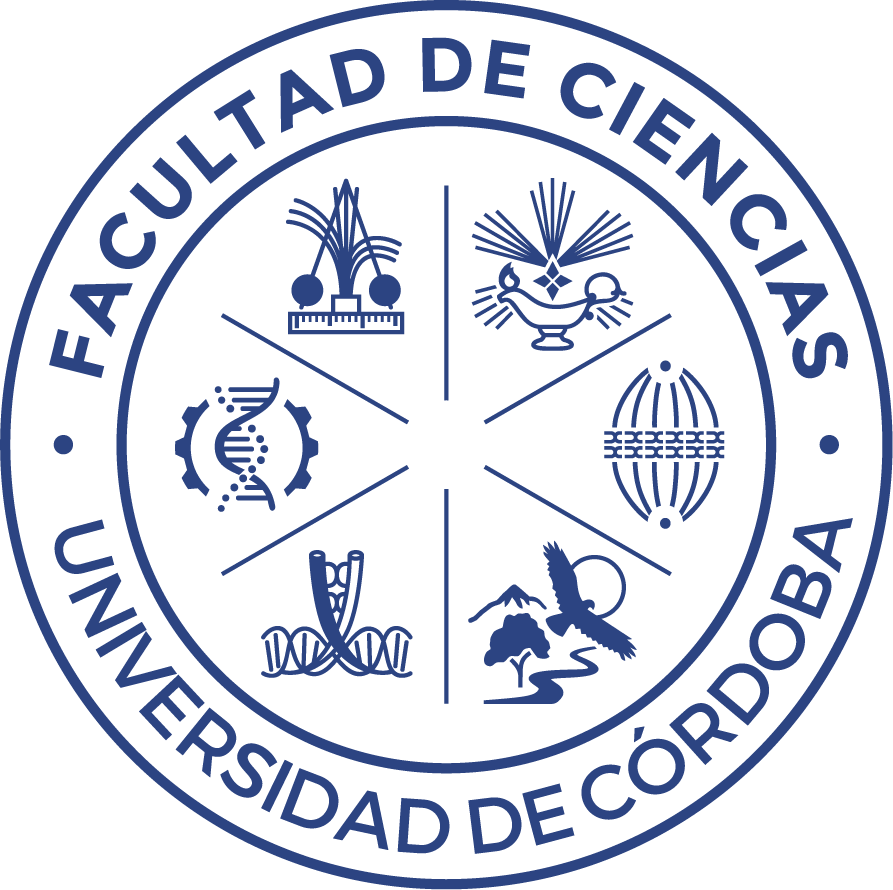The competences of this degree are mainly extracted from the White Paper of the Degree, from documents by the Conference of Physics Deans, from external references (as duly mentioned below) and from the covenant of the Andalusian commission for this degree with members by the Universities of Cordoba, Granada and Seville that elaborated 75% of the common teachings included in the covenant on the level of training required in professions and activities to access the profession or activity of Physicist in accordance with the levels described in Article 19 of RD 1837/2008, Spanish Off. Gazz. of 20-11-2008. The competences selected are appropriate to a generalist type of training, which is the one that corresponds to the degrees. Regarding the number of competences within the degree, the criterion of the Andalusian commission, conducing to a reduced number of them, has been followed for clarity and assessment matters.
The basic competences selected guarantee the basic competences of the degree as established in RD 1393/2007
Student's possession and understanding of knowledge in an area of study that builds on the foundation of general secondary education, and is usually at a level that, while relying on advanced textbooks, also includes some aspects that involve knowledge from the cutting edge of their field of study; Student's know-how to apply their knowledge to their work or vocation in a professional manner and possession of the skills usually demonstrated through the development and defense of arguments and problem solving within their area of study; Student's ability to gather and interpret relevant data (usually within their area of study) to make judgments that include a reflection on relevant social, scientific or ethical issues; Student's ability to convey information, ideas, problems and solutions to both specialized and non-specialized audiences; Student's development of the learning skills required to undertake further studies with a high degree of autonomy.
In addition, the basic competences correspond to those set out in the agreement of the Andalusian Commission of the Degree in Physics, approved by the corresponding Commission of the Science Branch and the additional transversal competences of the University of Córdoba as per the Guidelines for the development of new undergraduate degrees, approved by the Governing Council of 27-06-2008 of the UCo, omitting reduntant competences. In particular, cross-subject competence CT4 “Computer skills related to the field of study” of the agreement of the Andalusian Commission of the Degree has been referenced as University Competence 2, (CU2) “Knowledge and improvement of user-level ICTs”.
Specific competences are oriented towards the more general and fundamental aspects of physics by developing the skills of experimenting, modeling, estimating and calculating, as well as the application of knowledge and developments related to industry.
- Capacity for analysis and synthesis.
- Organizational and planning skills.
- Oral and/or written communication.
- Information management ability.
- Problem solving.
- Teamwork.
- Critical Reasoning.
- Self-learning.
- Creativity.
- Initiative and entrepreneurial spirit.
- Sensitivity to environmental issues.
- Proof of the use and command of a foreign language.
- Knowledge and improvement of user-level ICTs.
- Promotion of active job search habits and entrepreneurial skills.
- Knowledge and understanding of the most important physical phenomena and theories.
- Ability to estimate orders of magnitude to interpret diverse phenomena.
- Ability to deepen the application of mathematical knowledge in the general context of physics.
- Ability to measure, interpret and design experiments in the laboratory or in the environment.
- Ability to model complex phenomena, translating a physical problem into mathematical language.
- Ability to prepare technological development and/or research initiation projects.
- Ability to transmit knowledge clearly in both teaching and non-teaching environments.
- Ability to use computer tools to solve and model problems and to present results.

